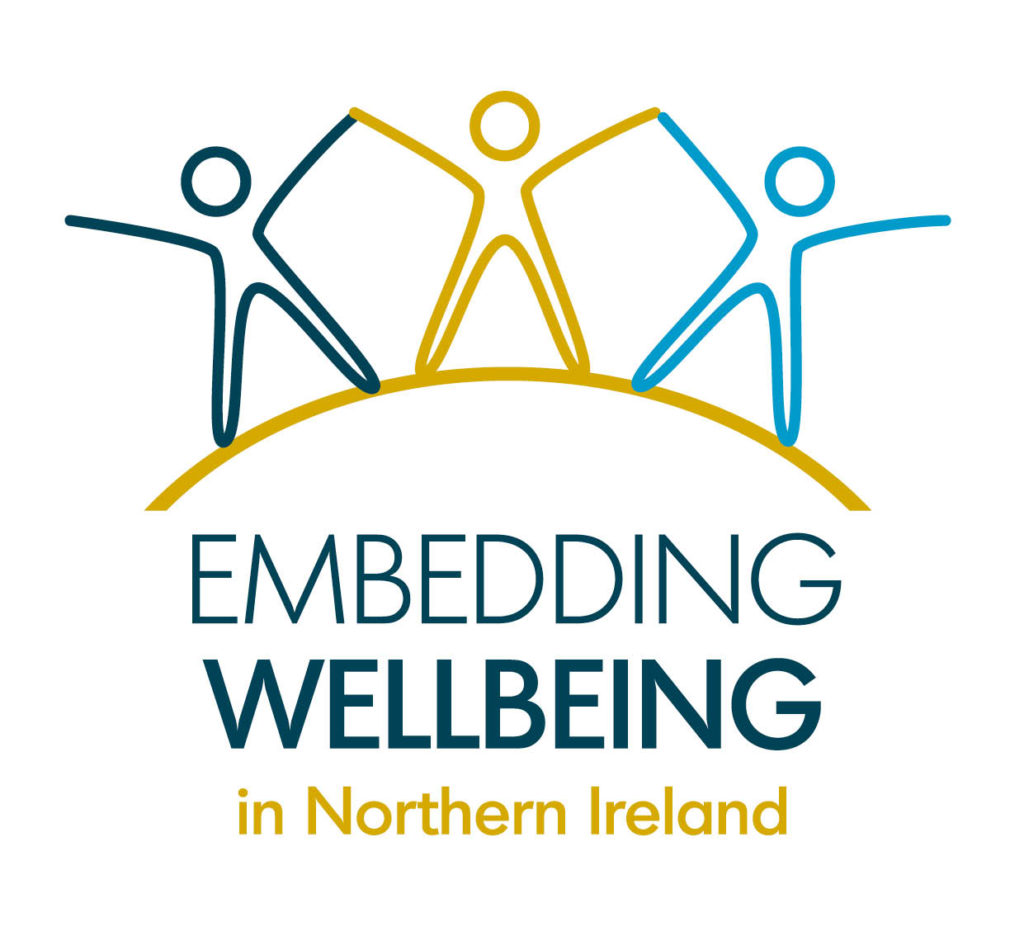From Lauren Pennycook, a Senior Policy and Development Officer at the Carnegie UK Trust.
The COVID-19 pandemic has disrupted traditional ways of working. Northern Ireland’s health service was dramatically reconfigured in a matter of weeks, government schemes were put in place to support businesses and individuals, and communities and organisations have worked together to respond to the huge challenges that the pandemic presented.
While the COVID-19 response has challenged everyone across our society, it has also highlighted the possibility of the type of change that can be achieved when there is a shared commitment to work together towards an agreed outcome.
As lockdown restrictions are eased across Northern Ireland, the focus is starting to shift from crisis response and management, to how we can ‘build back better’. Given the opportunity this presents to fundamentally rethink and reform our public services, the Carnegie UK Trust is calling on the Executive to ensure that wellbeing is placed at the heart of what it seeks to achieve, in line with the commitments made in the draft Programme for Government 2016-21.
When the draft Programme for Government was first published in 2016, the document represented a fundamental change in the Executive’s approach to public policy, by putting citizen wellbeing at its core. By setting outcomes, rather than defining outputs, and by measuring wellbeing, the Executive committed to fundamentally reshaping the way that it develops and implements policy.
The pandemic has afforded government and politicians the opportunity to look differently at how public services are delivered. There is also an opportunity to strengthen the link between central and local government, and to enhance Community Planning, given that it has been this approach that has enabled organisations and government agencies to work together to support communities, bound by a collective ambition to support the wellbeing of citizens.
With the current draft Programme for Government set to be concluded next year, there will be an opportunity to embed these proposals in the next Programme, and to support people and places disproportionately affected by the pandemic, all underpinned by the ongoing commitment to improve wellbeing.
While we are early in our understanding of the impact of COVID-19 on wellbeing, CUKT believes that the existing knowledge-base, coupled with the emerging evidence amidst the crisis, can provide insights about the medium term impacts and support the development of a recovery plan.
The Trust has developed five propositions to help inform the medium term recovery in Northern Ireland, and the new Programme for Government 2021-2026:
1. The existing commitment to wellbeing offers a narrative for recovery: Executive should maintain a mature conversation with the public into the recovery phase on what is important to citizens’ wellbeing. Opportunity to strengthen ‘golden thread’ between the Programme for Government and Northern Ireland’s 11 Community Plans, and between local government and service providers, to improve wellbeing outcomes;
2. The relationship between citizens and the state can be reset: Harness the assets of citizens and communities as we emerge from the crisis through co-production and citizen engagement;
3. The future can be local (as well as global): Fully resource and support Community Planning to improve local wellbeing outcomes and integrate international policy learning indicates that horizontal and vertical integration between all tiers of government and agencies delivering public services can be improved by legislating for a Duty to Co-operate;
4. Our relationship with work can be remodelled: Place ‘fair work’ as a key pillar of the recovery to incentivise, champion, and support businesses who go beyond vital job creation to also demonstrate a focus on fair work. Ensure a comprehensive and robust measurement system is in place to capture fair work data;
5. Technology can be for all: Invest in digital inclusion and supporting digital services, taking into account affordability, numbers of people in households, types of devices and more, accompanied by digital inclusion indicators to inform progress and priorities at national and local level.
The COVID-19 pandemic has touched every part of our society – our economy; the social connections in our communities; the relationship we hold with our governments; and our use of technology. We must therefore seek to improve all of these parts of our society, reflecting on the structures and policies which are no longer fit for purpose, and the ways of working and experiences we wish to hold on to, post-pandemic. There is no better starting point for building back better.
About Carnegie UK Trust
The Carnegie UK Trust seeks to improve the wellbeing of people across the UK and Ireland, with particular regard to those who are disadvantaged.
Its project on Embedding Wellbeing in Northern Ireland provides financial and in-kind support to three Community Planning Partnerships to implement a local wellbeing outcomes approach through their Community Plan.
The Trust previously supported the then Northern Ireland Executive to place wellbeing at the heart of draft Programme for Government 2016-2021, and strongly recommends a renewed commitment to improving societal wellbeing in the development of the new Programme for Government 2021-2026.

